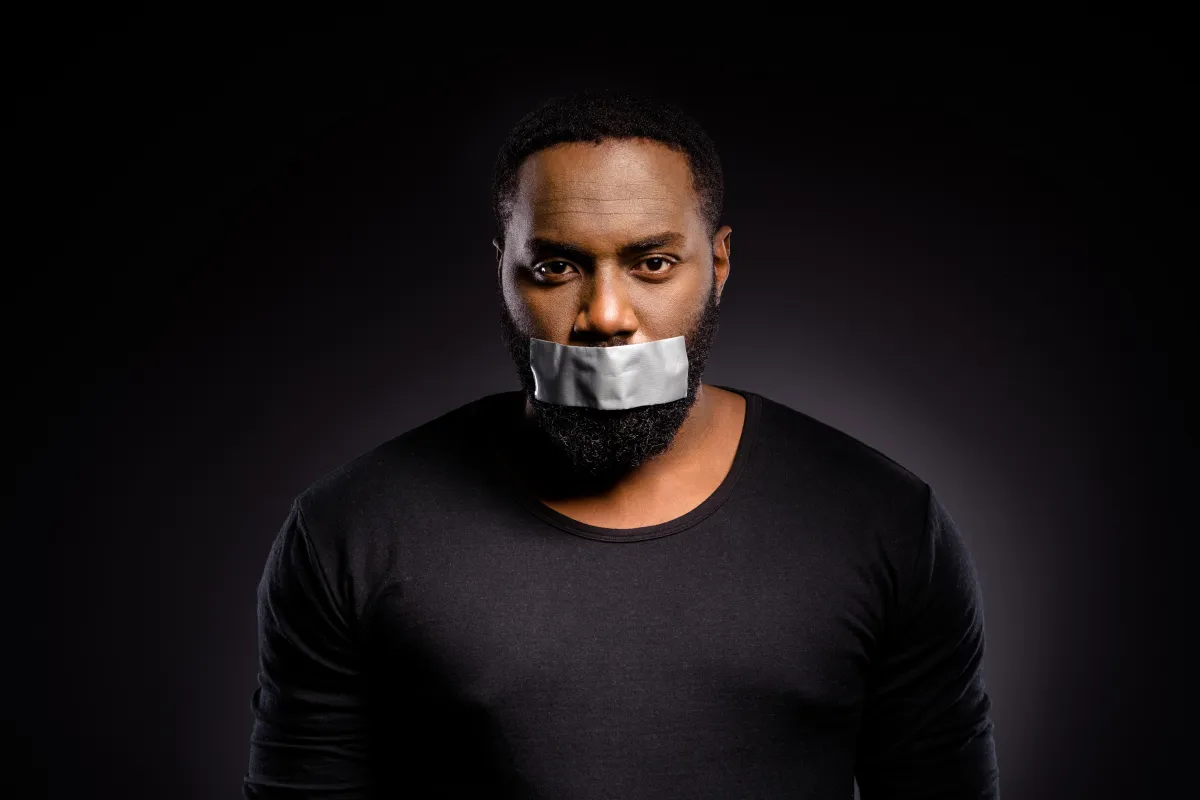HELPING SALES PROFESSIONALS THRIVE
Proven Sales Performance.
Master the conversations that close deals, build confidence that drives results, and turn potential into performance.

Sales Training
WE OFFER BOTH PRIVATE OR PUBLIC TRAINING IN PERSON OR LIVE INSTRUCTOR-LED VIA ZOOM

Sales Kick Offs
NEED A KEYNOTE SPEAKER FOR YOUR SALES KICKOFF OR A COLD CALL BOOTCAMP WITH REAL RESULTS?

Assessments
UNDERSTAND WHAT MAKES YOUR SALES PROFESSIONAL TICK! WITH DATA-DRIVEN PERFORMANCE ASSESSMENTS.

SANDLER METHODOLOGY
Solve Your Toughest
Challenges
Sales tools that solve todays toughest
sales challenges
Finding and Closing Enough Profitable Deals
Helping Prospects Navigate the User Journey
Eroding Margins with Discounts and Concessions
Finding and Keeping Top Talent
Quantifying the Personal Impact of the Status Quo
AWARD WINNING BUSINESS
Driven by results, not just recognition — John McKee blends data, discipline, and dynamic delivery to help companies unlock peak performance. As a certified Sandler Trainer, keynote speaker, and trusted advisor to elite organizations, John leads with integrity, impact, and innovation. His business isn’t built on buzzwords — it’s built on measurable wins, lasting transformation, and a relentless commitment to helping teams sell smarter, lead stronger, and perform better.
$109,286,000.00
IN INFLUENCED SALES
IN 12 MONTHS
23X
RETURN
ON INVESTMENT
1%
TOP 1% OF
SANDLER OFFICES
754
SATISFIED CLIENTS
Sales Strategy Blog
We are often one executed strategy away from success!

Why Top Performers Talk Less and Win More
“If you’re still pitching, you’re losing.”
The highest-performing sales professionals know a secret: the more they listen, the more they win. At first glance, it may seem counterintuitive. Isn’t sales about persuasion, product knowledge, and delivering the perfect pitch?
Not anymore.
In today’s information-rich world, buyers are overloaded with data, options, and sales messages. What they crave isn’t another pitch—they want someone who gets them. That’s where the art of strategic silence, curiosity, and active listening comes in.
The Power of Talking Less
According to Gong.io’s analysis, top closers speak only 43% of the time during sales calls. That means they give prospects the floor for 57% of the conversation. Why? Because:
People believe what they say more than what they hear.
Trust builds when buyers feel heard—not sold.
Buyers want to buy, not be sold.
In Sandler Training, we teach that your job isn’t to convince—it’s to uncover. That only happens when you ask great questions and get out of the way.
Strategic Silence: The Unsung Sales Superpower
Silence makes many salespeople uncomfortable. But used strategically, it’s a powerful tool. After you ask a strong, open-ended question, pause.
Let it breathe.
It shows confidence. It gives the buyer space to think and talk. And it often leads to gold—like hidden objections, emotional triggers, and real motivation.
Sandler Rule: The person who asks the questions controls the conversation.
Curiosity Closes Deals
Top performers are professionally curious. They treat each conversation as a discovery, not a presentation. They’re not there to impress—they’re there to understand.
Great salespeople ask questions like:
“What’s prompting you to explore this now?”
“What have you tried so far?”
“How will you measure success?”
They listen not to respond, but to learn.
Bonding & Rapport: The Silent Advantage
In Sandler, we stress that people buy from people they trust. Bonding and rapport aren’t about surface-level small talk—they’re about authentic connection. When a buyer feels understood, they lower their guard and open up.
Here’s how to build trust faster:
Match and mirror your prospect’s pace and language.
Validate their experience before shifting the conversation.
Use their words, not yours, when reflecting back.
Action Items to Talk Less and Win More
✅ Track your talk time. Use tools like Gong, Chorus, or Zoom analytics to assess how much you talk versus listen.
✅ Prepare better questions. Start every sales conversation with 3-5 strong discovery questions.
✅ Practice your silence. Count to five in your head after asking a key question—let it land.
✅ Review your calls. Rate how many times your prospect did most of the talking—and what you learned when you let them.
✅ Use an Upfront Contract. Set clear expectations for the conversation so you're not rushing or pitching prematurely.
Final Thought
Talking less doesn’t mean being passive—it means being deliberate. When you listen with purpose, when you guide with curiosity, and when you let your prospect own their decision—you stop selling and start closing.
And that’s how the best do it.
“When you say it, they doubt it. When they say it, it's true.” – Sandler Principle





